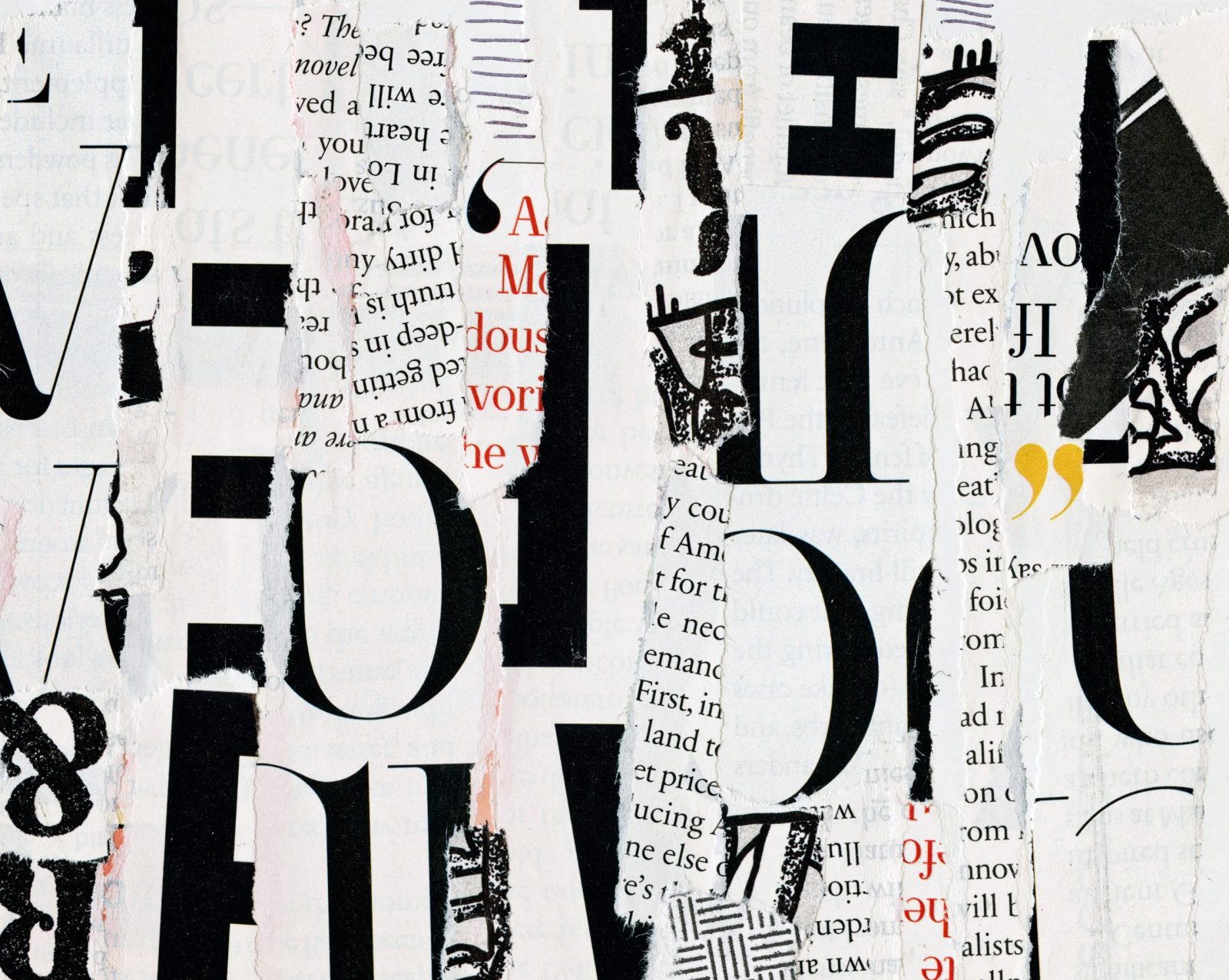“It’s coming out! Down there!” my twenty-year-old handcuffed neighbor, Mina, says through clenched teeth as she passes my door to a mandatory disciplinary hearing. She’s been in prison half her life, entering juvenile at age ten and a half with a second-grade reading level. Six years later, she was transferred from juvenile directly to adult solitary confinement. The reading level followed her.
Nobody should be forced to endure childhood in prison. Texas is one of only three states to automatically charge seventeen-year-olds as adults. Like many juvenile transfers, she lacks the vocabulary and literacy to self-advocate for her health needs. Some friends have told me she’s always on the pot (toilet). I’m unfamiliar with the prison patois used to describe the female reproductive system: nah nah, woota poop, biscuit, no no, and the tee tee. Nobody knows the proper words.

This essay is from
#Freethebooks
A collaboration with PEN America, aimed at the plight of carceral censorship and how people in prison are harmed by it.
As a former nurse, it’s frustrating to try and figure out: What and where is the malady? It’s like playing charades, but blindfolded. Her friend rips out a magazine ad about the same symptoms so Mina can show the nurse when she does her rounds. Meanwhile, I begin a rudimentary color-coded sketch of a vagina and anus. I’ve done this before. I instruct Mina to get a mirror, look between her legs, and place an X where it’s bothering her. If I’m caught with this “contraband,” it will be considered pornography and I can get in big trouble.
The nurse arrives, escorted by a male guard. The magazine paper is thrust under the door. The nurse cackles, turns to the guard, and gleefully announces, “She wants prostate meds!” They both point, laugh at her while calling her fat, stupid, and a crack baby from TYC (Texas Youth Commission). Mina is self-conscious about her body and her literacy. People have always laughed at her. I hear a pop and see the Coke spraying in the nurse’s face. This is why she’s going to a mandatory disciplinary hearing that will result in an additional charge—assault on a public servant—lengthening her prison stay.
Over the years, I’ve tried to get anatomy, physiology, or women’s health books, but they are denied for the exact reason I need them: sexually explicit images! We can’t see pictures of our own body parts? If they could punish us for looking at our own bodies, they would.
DJ learned at twelve that her mother was actually her aunt. Her mother died days after having her younger sister. DJ blamed her eleven-year-old sister and was sent to juvenile for assaulting her with a belt. Eight years later, she wanted to read about Texas being the leader in Black maternal mortality, eager to alleviate both her and her sister’s guilt. The books were denied: “race stuff.”
More from our decarceral brainstorm
Every week, Inquest aims to bring you insights from people thinking through and working for a world without mass incarceration.
Sign up for our newsletter for the latest.
Newsletter
Solitary confinement has more attempted and actual suicides than anywhere else in the criminal legal system. Queer people and those living with mental illness are at higher risk of suicide and self-harm. The past seven years, I’ve witnessed seven suicides. All queer people under twenty-five, with single-digit sentences. The Lone Star State isn’t known for its embrace of the queer community. Would a book about other queer people give them a sense of community, in a place of isolation? They’re denied: “sexual deviancy.”
As a little Black girl, I didn’t see any Black people on The Flintstones or The Jetsons. It confused me. If we weren’t in the past or the future, where were we? Representation matters. Any educator will tell you, to get kids excited about reading, they will gravitate to what’s familiar. The positive Pollyanna-type books Texas wants adults to read are foreign. Texas Criminal Justice Coalition’s Survey on Incarcerated Women found that 58 percent of women in Texas prisons were sexually abused or assaulted as children, and 82 percent had experienced domestic violence. Why can’t we read about healing from sexual trauma? Identifying red flags of abusers? Those books are often denied for “containing depictions of rape.” What do they want us to do? Pray?
Historically, we have looked to religion to explain things. This becomes more complicated when the weekly sermon blames illnesses on the consequences of sin and lack of faith. All ages of women refuse to seek medical care, instead deciding to “pray away” everything from yeast infections to breast cancer. I watched a middle-aged friend, Marsha, die of breast cancer. She was incarcerated for over two decades. In the 1990s, breast cancer awareness wasn’t widely known. Maybe books and posters displaying breast cancer as it progresses would’ve convinced her that those lumps were a big deal. Texas is too puritanical to approve a book showing boobs, even diseased ones.
They won’t help us. They won’t let us help ourselves through education. Studies show education is the most efficient way to reduce recidivism. When the state is trying this hard to prevent us from reading, I can’t help but ask, what’s in it for them? I’m in my fifties and going through menopause. I know very little about it. I remember menopause used to be the punchline of jokes. When I attended college, menopause was one line in a textbook. It said women experience brain fog, weight gain, chest pain, fatigue, hot flashes, night sweats, insomnia, and crying spells. When it first started, I thought I was losing my mind. It felt like my body was completely betraying me. Then, I heard a TED talk on the radio about menopause that saved my life. The speaker said, “You are not crazy.” Then she began explaining the stages of menopause. I felt validated and, most importantly, I didn’t feel alone.
Banning books in prison isn’t just inconvenient, it’s deadly. The FBI has described The Turner Diaries as a Bible for white supremacists. It’s on our library shelf, and so is Mein Kampf by Adolf Hitler. But medical doctor Jen Gunter’s The Menopause Manifesto is too dangerous. The same energy the Texas legislature has expended on banning books should be used to ban the conditions that create life experiences they refuse to acknowledge.
Editor’s Note: This is the fourth article in a collaboration on prison censorship with PEN America. Read the introduction here. This essay originally appeared in PEN America’s Works of Justice newsletter. It is republished here with the author’s and PEN America’s permission.
Image: Heather Green/Unsplash
